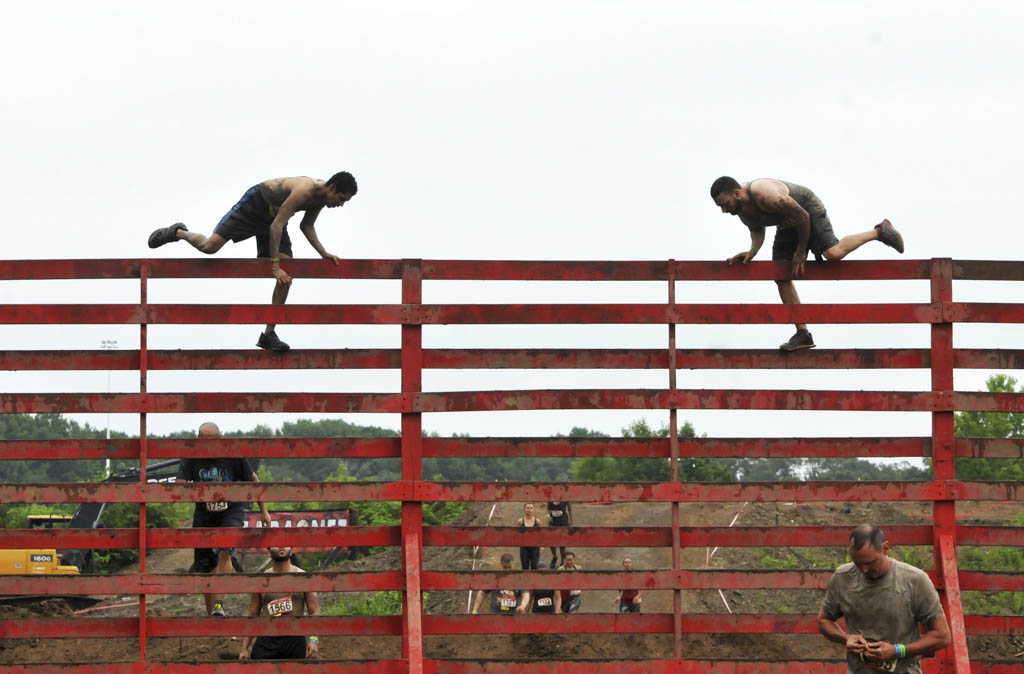By KATHY CHANG
Staff Writer
ENGLISHTOWN — Old Bridge Township Raceway Park can continue to challenge a zoning variance approved for a proposed house of worship adjacent to its property, according to a ruling by the Appellate Division of the Superior Court of New Jersey.
In a case spanning over a decade in state and federal courts, the latest ruling allows further proceedings on Raceway Park’s challenge against Dayalbagh Radhasoami Satsang Association of North America (DRSANA), a religious organization of the Radhasoami faith, which was originally founded in India in the Hindu tradition.
On March 20, 2015, a court order had been handed to the Englishtown drag racing park, dismissing with prejudice its complaint against DRSANA’s application. Raceway Park appealed the order.
In 2006, DRSANA purchased two adjoining lots of real property totaling approximately 20 acres in Old Bridge along Old Bridge-Englishtown Road.
In 2007, DRSANA filed an application with the Zoning Board of Adjustment for use and density variances so that it could construct a Satsang center.
DRSANA initially proposed to build an 18,240-square-foot house of worship with 24 apartments and dormitory-style residential units and two additional buildings, totaling 22,208 square feet.
The Zoning Board of Adjustment held 14 public hearings between August 2007 and May 2011 and denied the initial proposed application.
DRSANA filed a second application proposing to build a worship center without residential units on one lot and subdivide the other lot into parcels for nine single-family homes. In 2012, the Zoning Board approved the second application with a number of conditions, including limiting the number and type of residential units.
Neither DRSANA nor Raceway Park was satisfied with the conditional approval. DRSANA filed an action in the United States District Court for the District of New Jersey and Raceway Park filed a prerogative writ action (relief) in the Law Division of the Superior Court on the matter.
DRSANA sued the Zoning Board and township, alleging that they had violated the United States Constitution and two federal statutes. Through a settlement agreement in 2013, which resolved the federal claims, the Zoning Board adopted a resolution approving DRSANA’s variance with amended conditions allowing a larger number of residential units and to modify certain restrictions on the use of those residential units.
Raceway Park has objected to DRSANA’s application from the very beginning based on the density of the application.
The three-judge panel, in a 20-page decision decided on Jan. 6, said the court has the authority to dismiss an action or any claim if the plaintiff has failed to comply with a court order or the rules of court.
Nevertheless, “because the dismissal of a plaintiff’s cause of action with prejudice is a drastic remedy, it should be invoked sparingly.”
“Thus, on remand the Law Division is directed to resolve the state-law issues raised by Raceway in its amended complaint,” the decision states. “If the Law Division determined that Raceway has no grounds for its objections, there will be no interference with the federal consent order.”
If, on the other hand, the Law Division determines that Raceway has legitimate state law grounds for its objections, the court must determine if that ruling has the potential to interfere with the federal consent order.
Contact Kathy Chang at [email protected].

